(April 23, 2023) In the land down under, far away from the rural landscape of India, Dr Nihal Singh Agar has been working tirelessly to eradicate illiteracy and empower rural India. As the founder of the Australian chapter of the Ekal Foundation, Dr Agar has dedicated his life to bringing hope and education to those living in remote corners of India. Over the years, he has grown his nonprofit into a powerful force for change, receiving numerous accolades and awards for his tireless work, including the Order of Australia Medal in 2015 and Pravasi Bharatiya Samman in 2019.
Academia to philanthropy
Born and raised in India, he migrated to Australia in 1973 and went on to establish a successful career in academics, where he retired as the Professor and Head of the Department of Physiology at the University of New England. He later was an honorary associate in the school of molecular bioscience at the University of Sydney. Despite his accomplishments, he couldn’t shake the feeling that there was more to be done for the people in his home country, which led him to start Ekal Foundation Australia in 2004, to empower rural communities through education. “When I retired and moved from the University of New England in Armidale, I became active in the Ekal Vidyalaya Foundation. This is a non-governmental organisation which we started in Australia to provide primary education to children in remote areas of India,” he said in an interview.
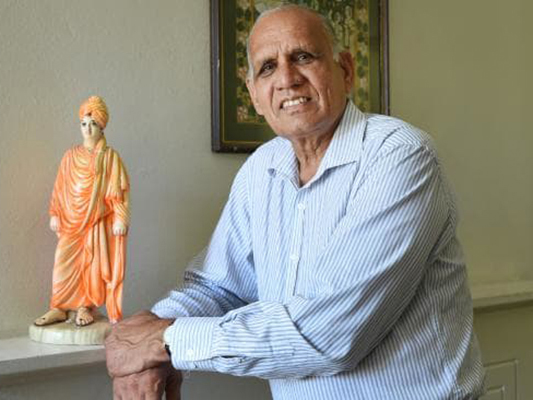
Dr Nihal Singh Agar
Ekal (meaning ‘single’ or ‘unified’ in Hindi) is based on a simple yet powerful concept: establishing single-teacher schools in remote villages where access to education is scarce or non-existent. These schools called ‘Ekal Vidyalayas,’ provide education to children aged 6-14, focusing on the basics of literacy, numeracy, and life skills. Over the years, Ekal has expanded its mission to include health, skill development, and entrepreneurship training for rural adults. “You can be a top scientist, but not necessarily a good man and I would say my greatest fortune is to do service to our community, not just the Hindu community, but the Australian one as well,” he said in an interview.
Impacting the people of rural India
Ekal Foundation Australia has since grown exponentially under Agar’s leadership. In 2004, the organisation had only ten schools, but today, it supports over 105,000 Ekal Vidyalayas across India. The model has proven to be both sustainable and scalable, with each school serving about 30 students and requiring minimal resources to operate. The impact of these schools is transformative, not only for the students but also for their families and communities. “We are a non-profit organization on a mission to bring basic education to every child across rural India,” reads their website.
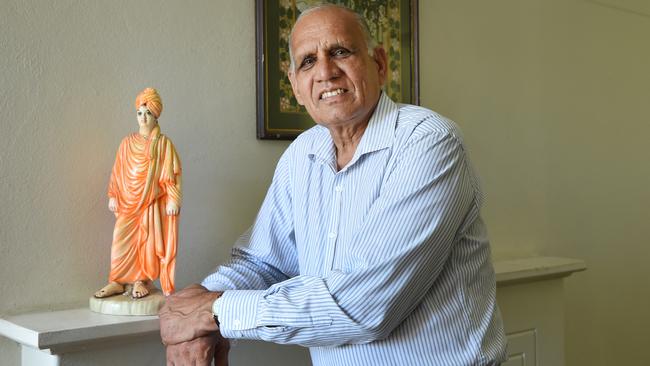
Under his leadership, Ekal Foundation Australia has garnered significant recognition and accolades, including Pravasi Bharatiya Samman in 2019, the highest honour conferred on overseas Indians, for its exceptional contributions to the field of education. Despite the accolades, he remains humble. “Awards are a reminder that we’re on the right path, but the real reward is in the lives we’ve changed,” he said in an interview with The Australian, adding, “Our work is far from over; there are still millions of children who need access to education, and we’re committed to reaching them.” Over the years, the Ekal Foundation has evolved to offer not only basic education but also vocational training, healthcare services, and digital literacy programs. The foundation has also started promoting sustainable development initiatives and women’s empowerment programs, making it a holistic approach to rural upliftment.
Beyond borders
Ekal Foundation’s mission to eradicate illiteracy and empower rural communities extends beyond India’s borders, with its work also making a significant impact in neighbouring Nepal. In the spirit of collaboration and fostering regional development, Ekal Foundation has brought its successful model of single-teacher schools to the remote and underserved regions of Nepal, where access to education is equally critical. The Ekal Vidyalayas in Nepal follow the same model as those in India, with single-teacher schools providing education to children.
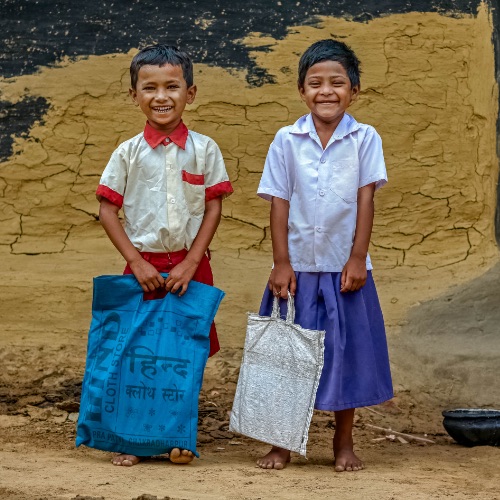
Ekal Vidyalaya
In addition to the establishment of Ekal Vidyalayas, the foundation has implemented various initiatives to support the holistic development of rural communities in Nepal. These initiatives include health and hygiene education, skill development programs, and entrepreneurship training for adults. These efforts aim to uplift the entire community and foster self-reliance, leading to sustainable development in the long term.

Indian diaspora in Australia
Nihar Singh Agar is not only a philanthropist but also an essential part of the Indian diaspora in Australia. He serves as an inspiration to many, bridging the gap between his adopted country and his homeland. Through his work with Ekal Foundation, Agar has fostered a spirit of collaboration and unity between the Australian and Indian communities, reinforcing the idea that change is achievable when people come together for a common cause. “The Indian community in Australia has played a pivotal role in our success. They have been incredibly supportive, not only in terms of financial contributions but also in volunteering their time and expertise. We are grateful for their unwavering commitment to the cause.”
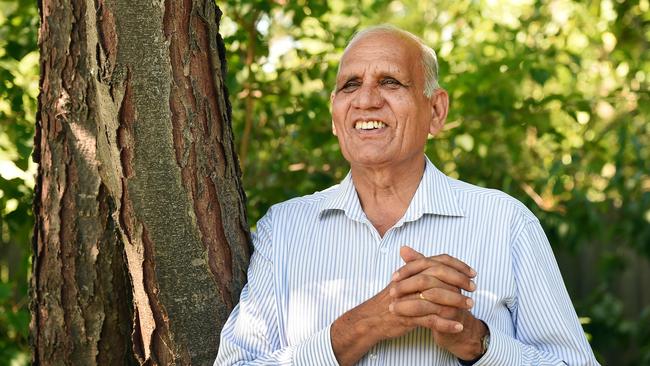
Agar’s efforts have encouraged many within the Indian diaspora to participate in similar initiatives, amplifying the impact of their collective efforts. As a result, Ekal Foundation Australia has created a network of dedicated volunteers and supporters, united by their shared vision of a brighter future for rural India.
Agar’s journey from an academician to a committed philanthropist is a testament to the power of a single individual’s determination and vision. Through Ekal Foundation Australia, he has transformed countless lives and brought hope to the most remote corners of rural India. As a prominent figure within the Indian diaspora in Australia, Agar exemplifies how one can make a meaningful difference in their homeland while also fostering unity and collaboration between two distinct cultures.
Dr. Nihal Singh Agar’s contributions to society and the community through the Ekal Foundation Australia have left an indelible mark on countless lives. His tireless dedication to improving education, healthcare, and economic opportunities in rural India serves as an inspiration to others.
- Follow Ekal Foundation Australia on their website



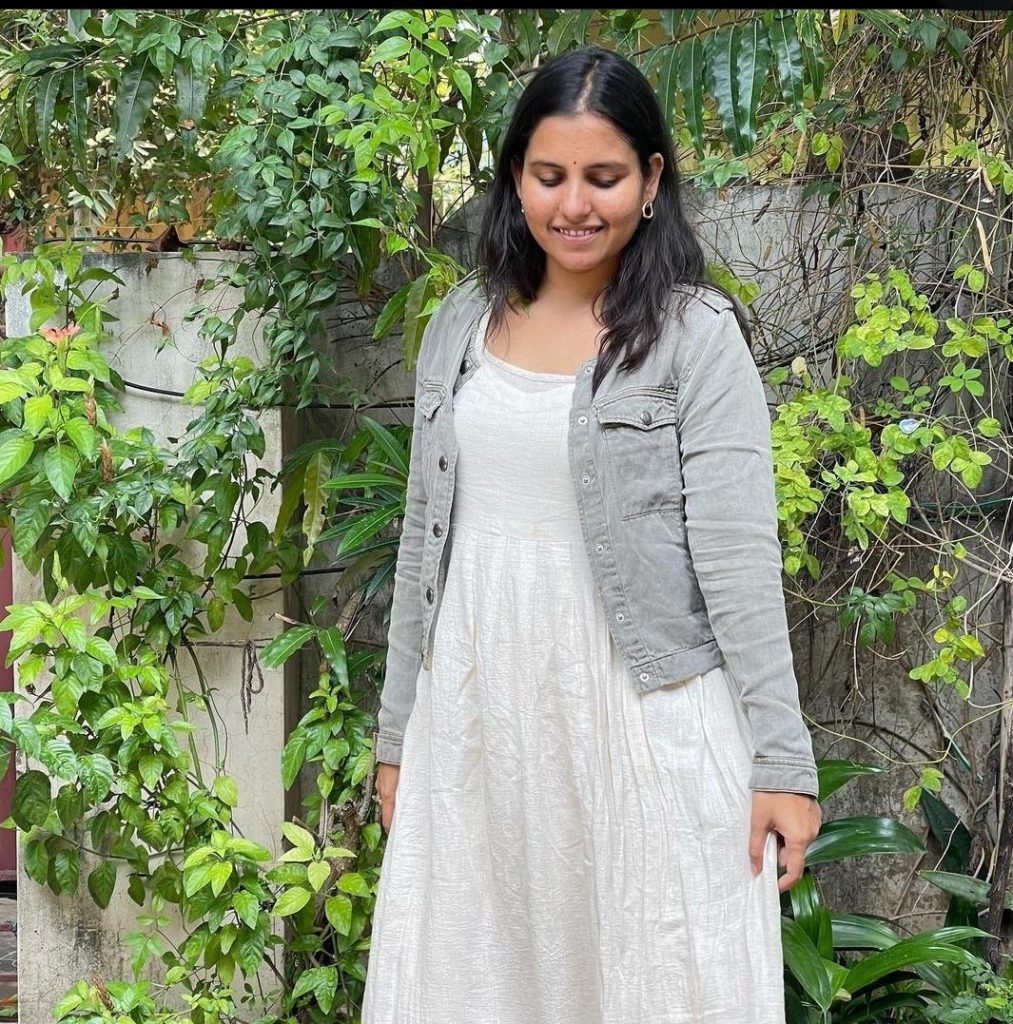 Alankrutha Chandra[/caption]
Alankrutha Chandra[/caption]

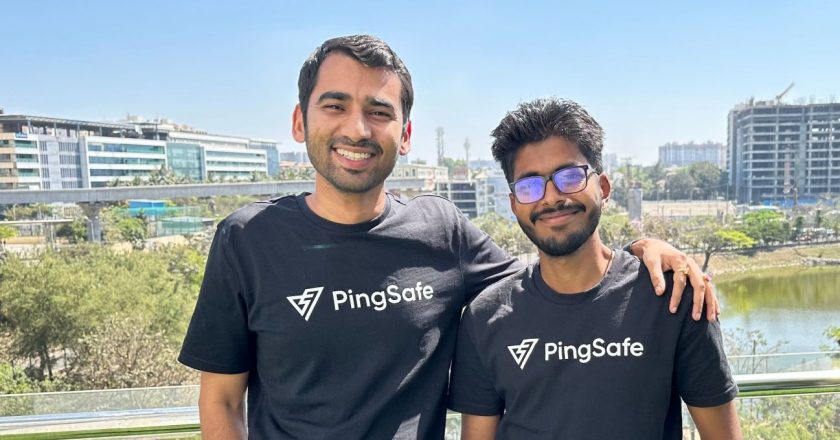 Anand Prakash with Nishant Mittal[/caption]
Anand Prakash with Nishant Mittal[/caption]
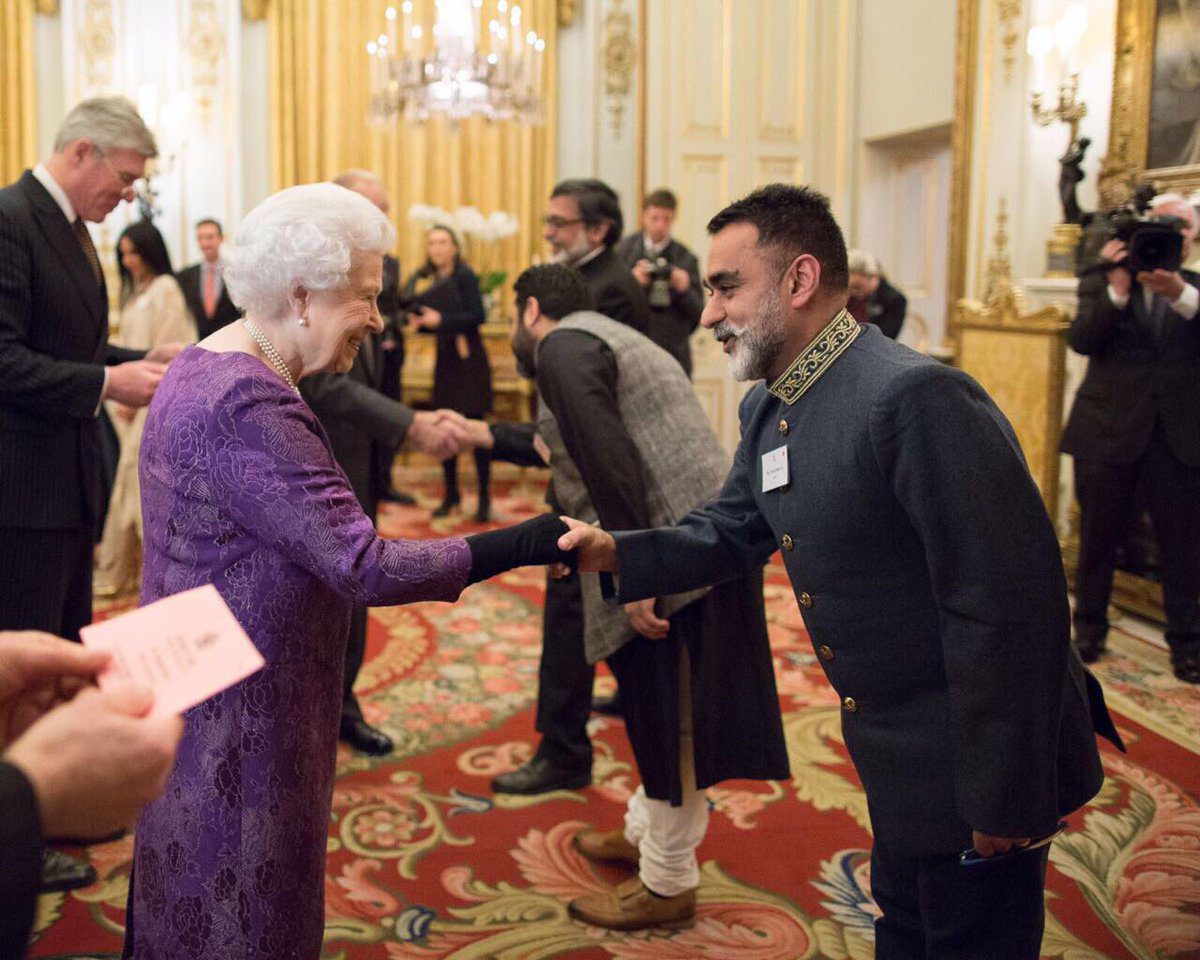 Chef Vineet Bhatia with HRH Queen Elizabeth II[/caption]
Chef Vineet Bhatia with HRH Queen Elizabeth II[/caption]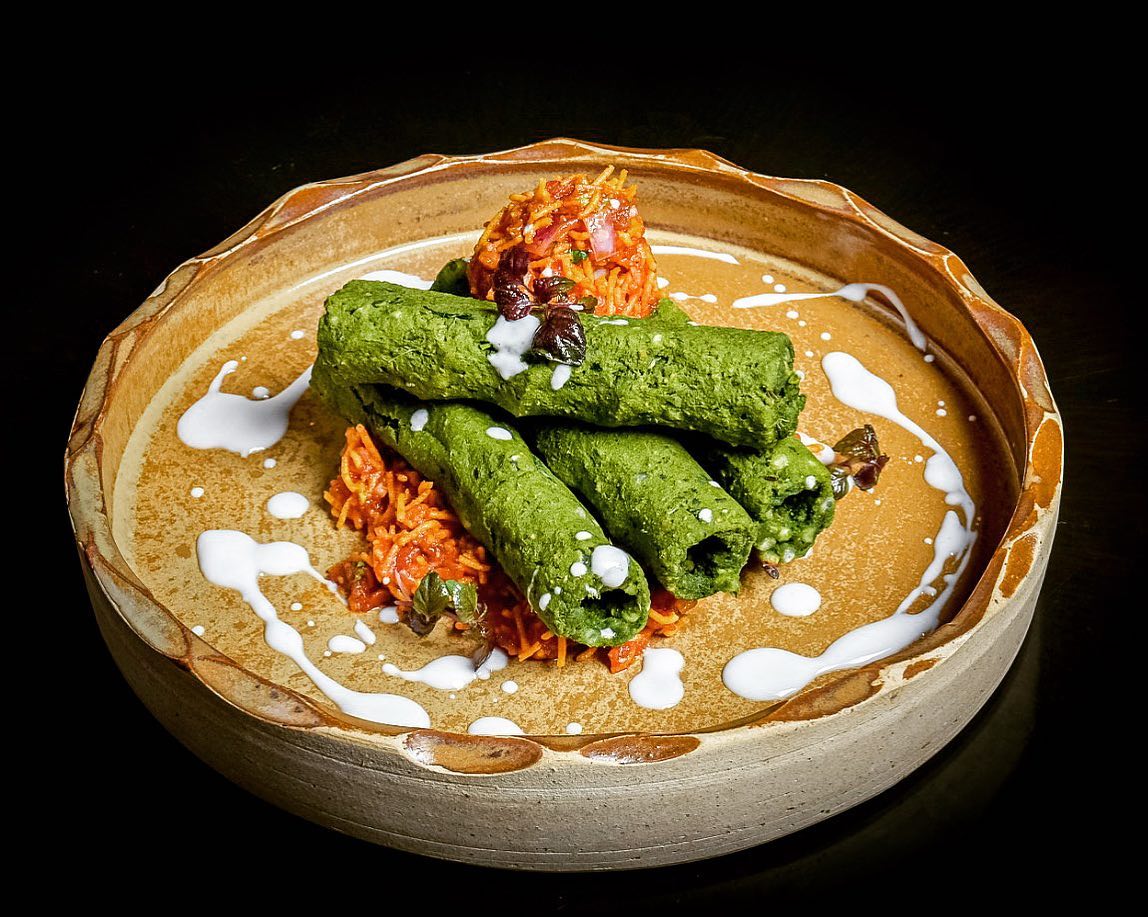 Chef Bhatia's pistachio chicken seekh kabab[/caption]
Chef Bhatia's pistachio chicken seekh kabab[/caption]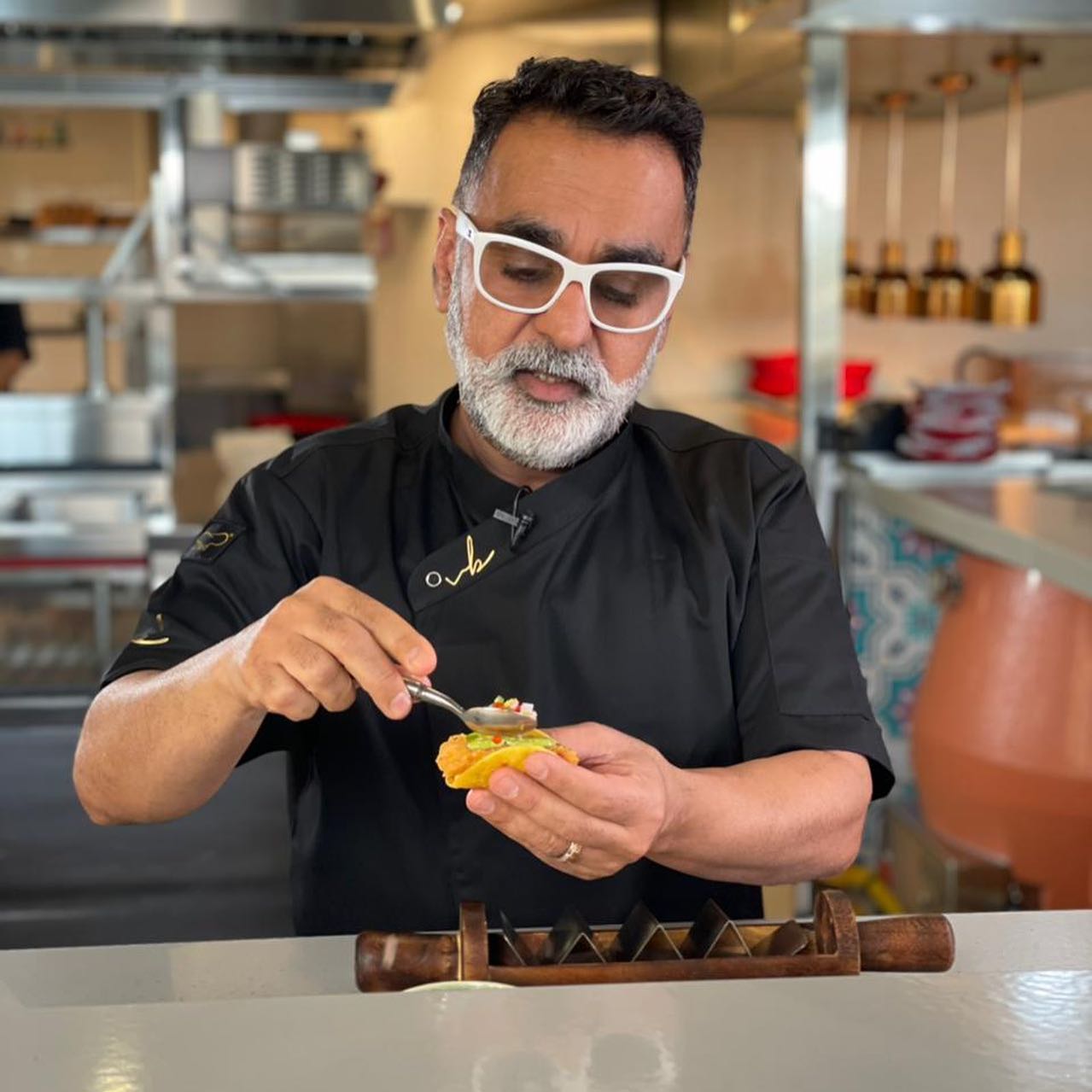 Chef Bhatia making Indian tacos[/caption]
Chef Bhatia making Indian tacos[/caption]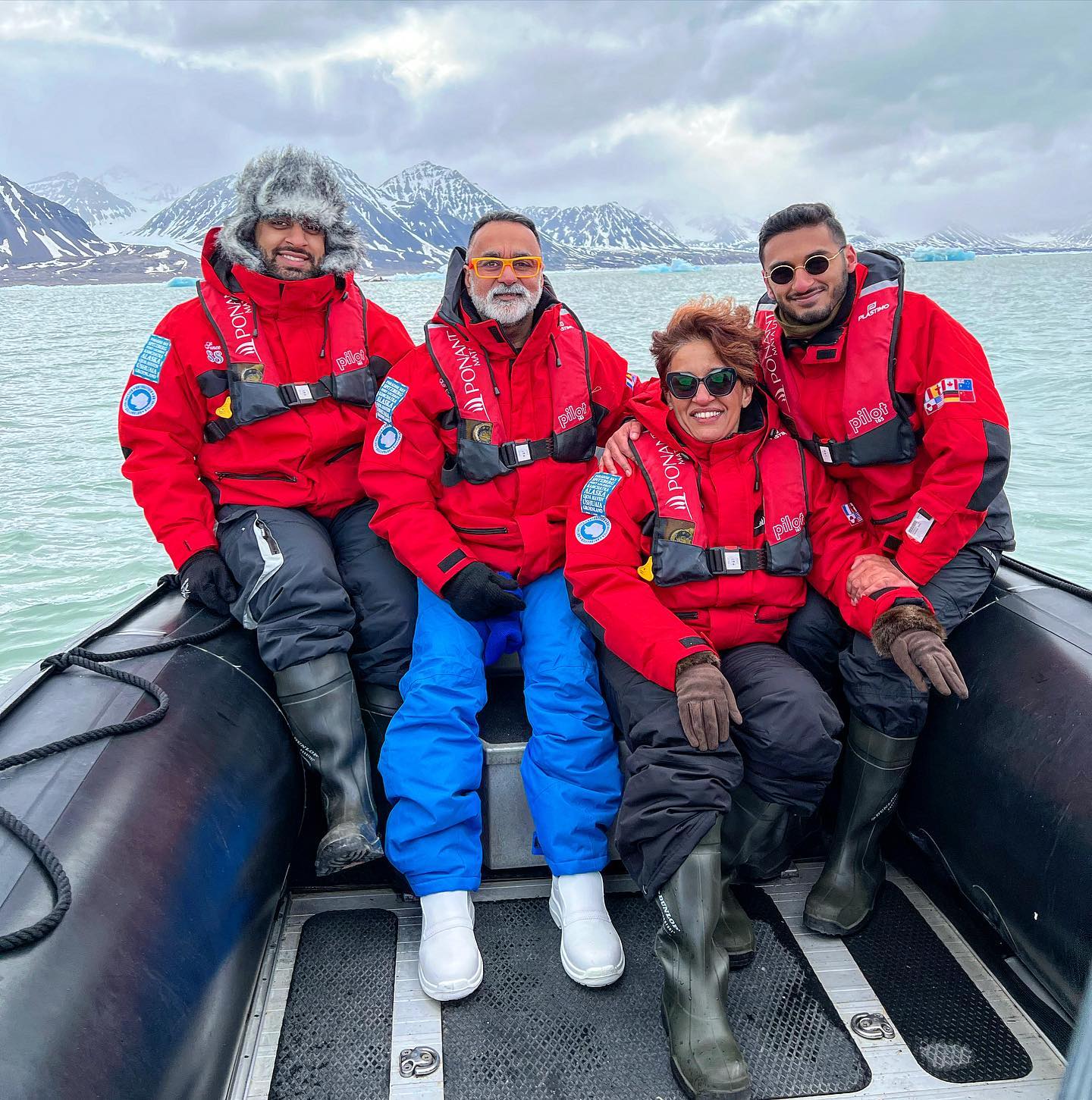 Chef Bhatia with his family[/caption]
Chef Bhatia with his family[/caption]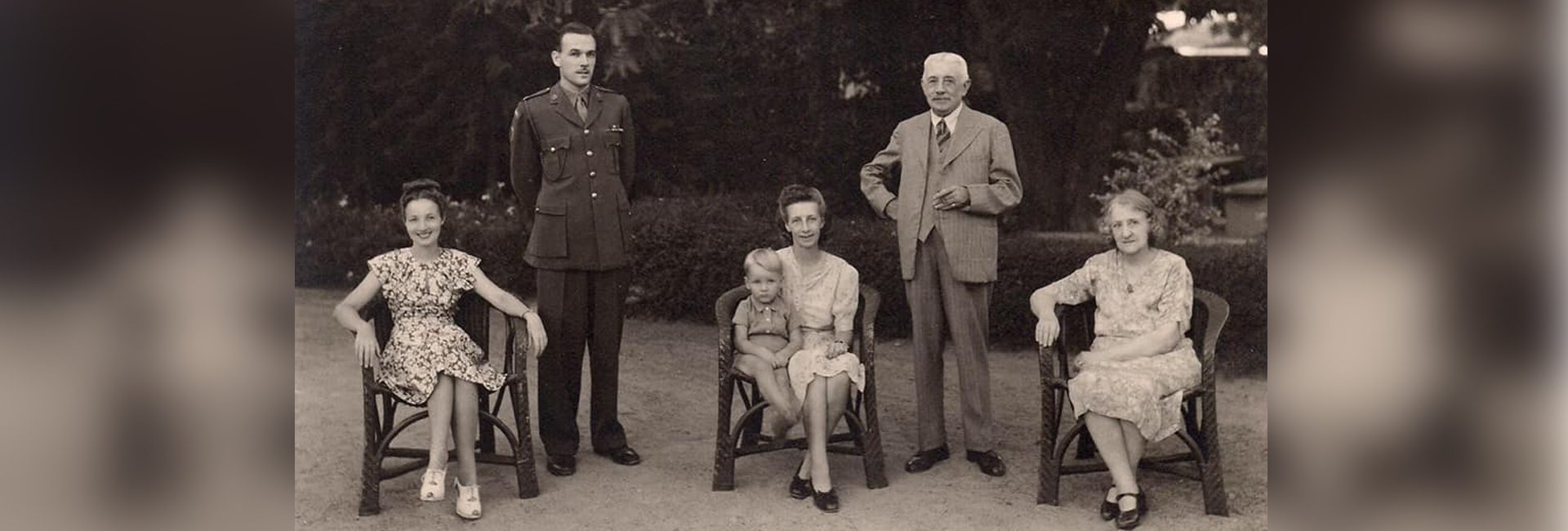
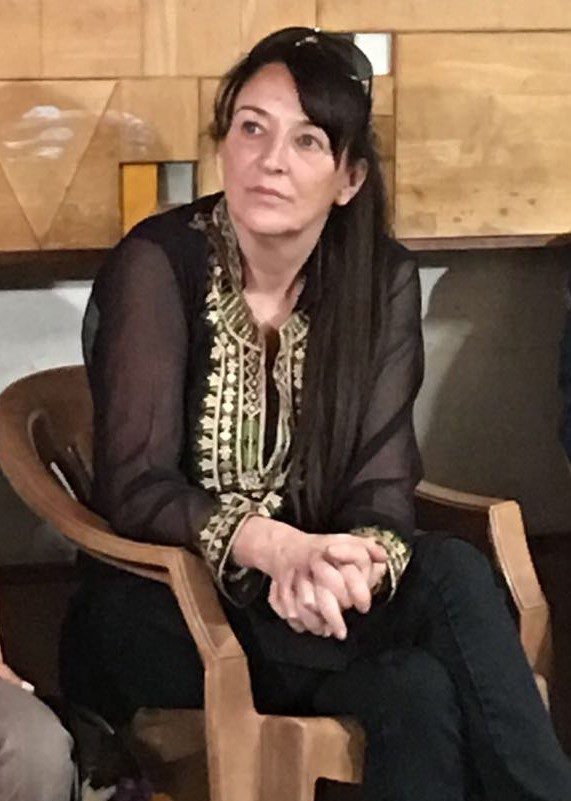 Alyia Krumbiegel[/caption]
Alyia Krumbiegel[/caption]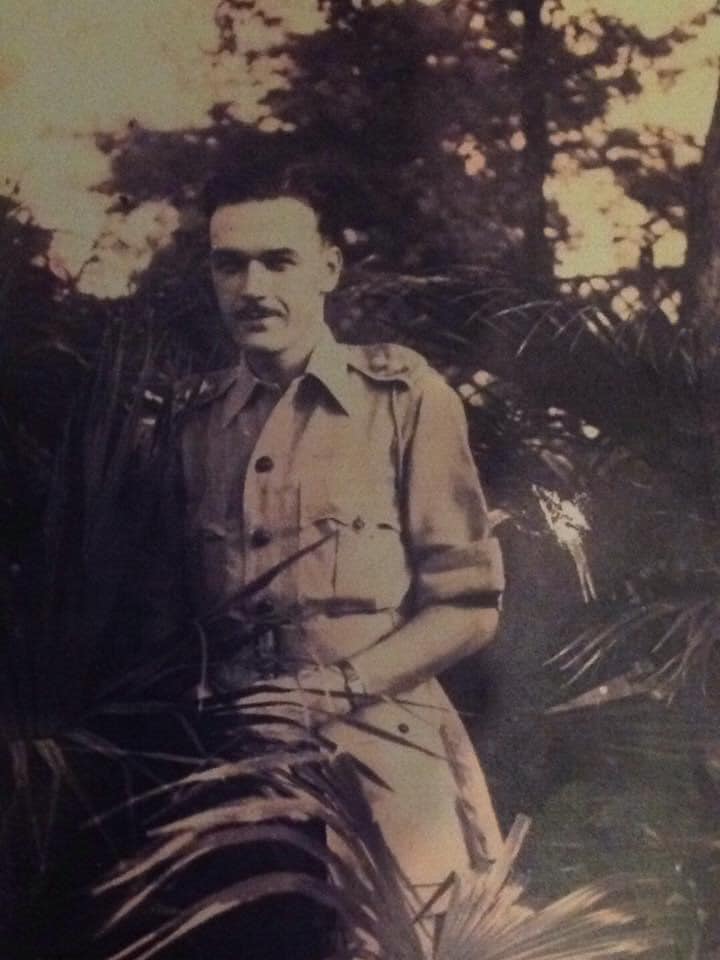 Alyia's father[/caption]
Alyia's father[/caption] Alyia with Jeetendrasingh G Gaekwad in Mysore[/caption]
Alyia with Jeetendrasingh G Gaekwad in Mysore[/caption]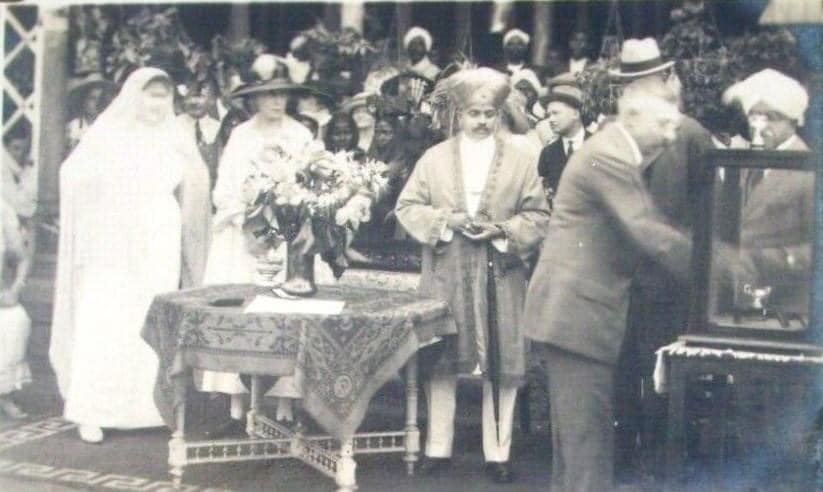 G.H. Krumbiegel at the Lalbagh Flower Show[/caption]
G.H. Krumbiegel at the Lalbagh Flower Show[/caption]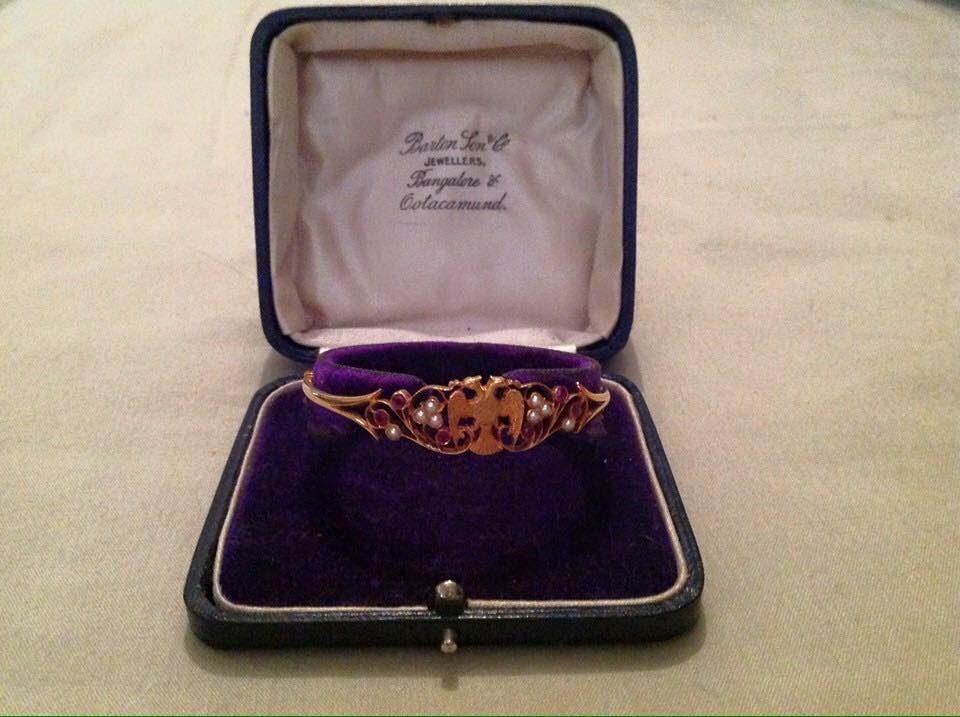 Gold gandaberunda, flanked by rubies and pearls, bearing the two-headed bird that is the royal insignia of the kingdom of Mysore. Now, it is Karnataka's state symbol. Photo: Courtesy Alyia Krumbiegel[/caption]
Gold gandaberunda, flanked by rubies and pearls, bearing the two-headed bird that is the royal insignia of the kingdom of Mysore. Now, it is Karnataka's state symbol. Photo: Courtesy Alyia Krumbiegel[/caption]
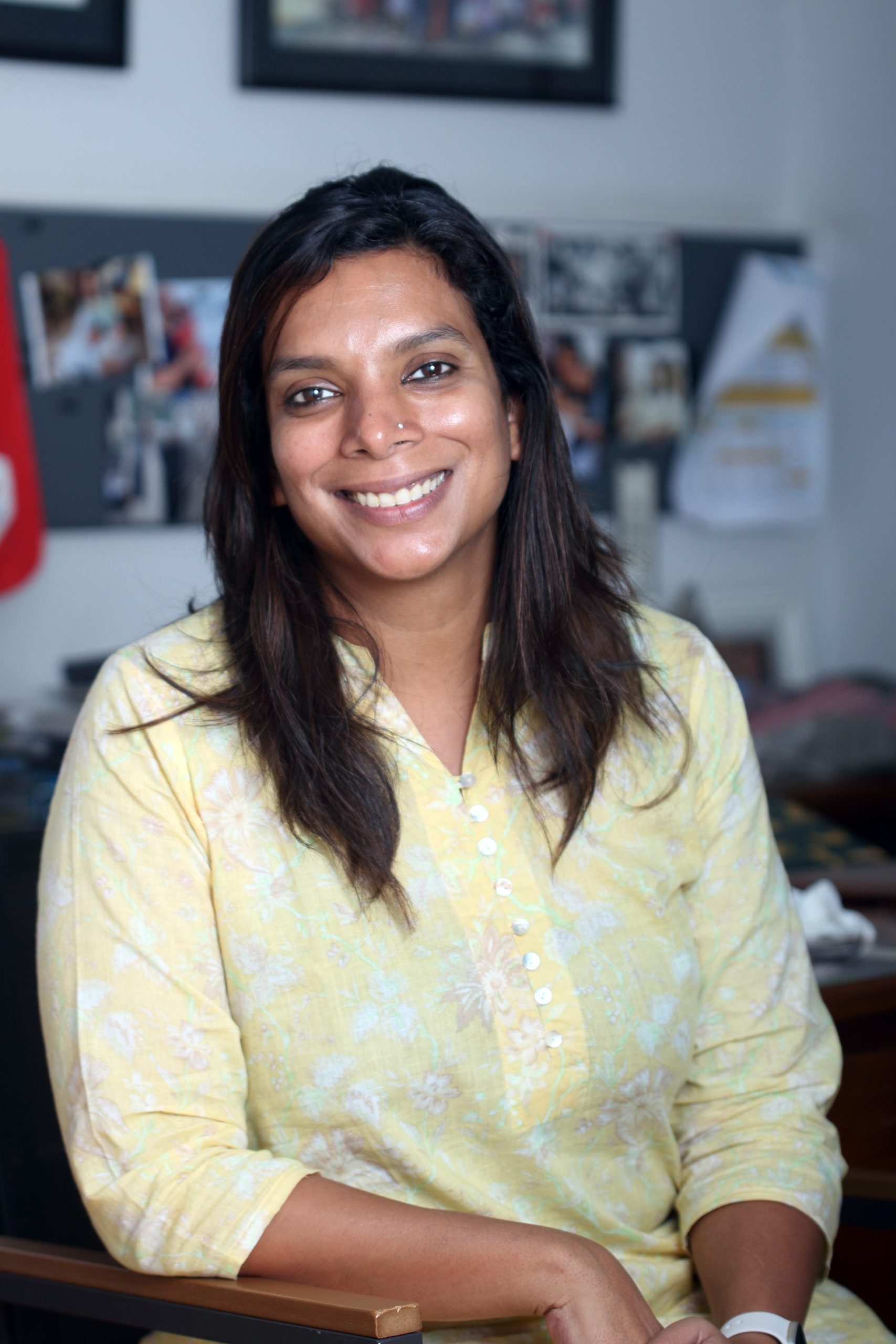 Mallika Ghosh, Parinaam Foundation[/caption]
Mallika Ghosh, Parinaam Foundation[/caption]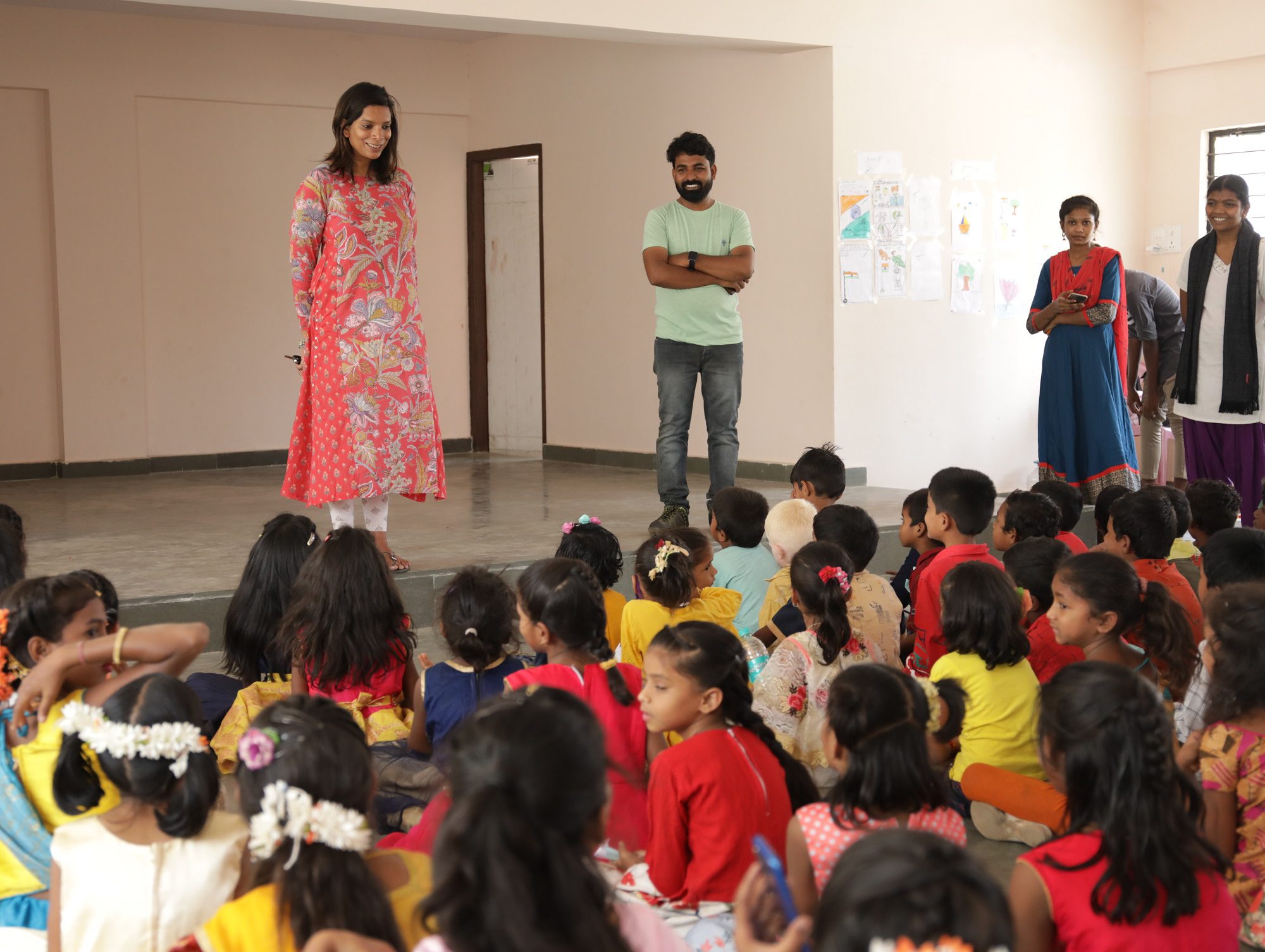
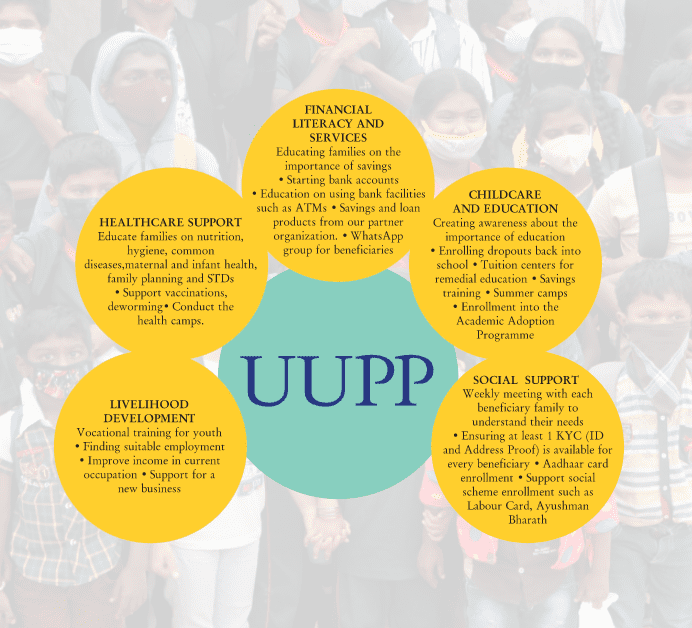 Image credit: Parinaam Foundation[/caption]
Image credit: Parinaam Foundation[/caption]